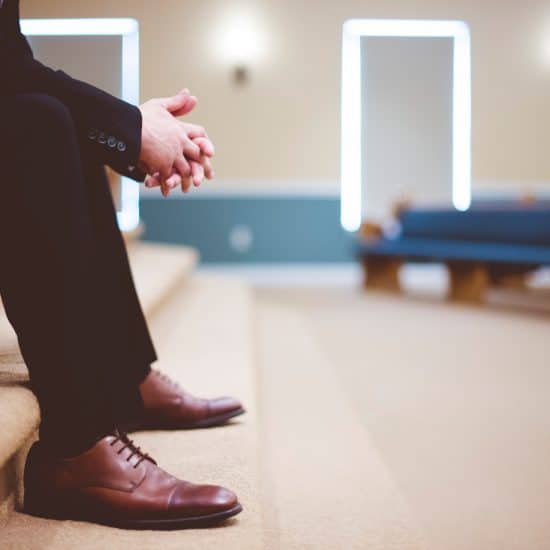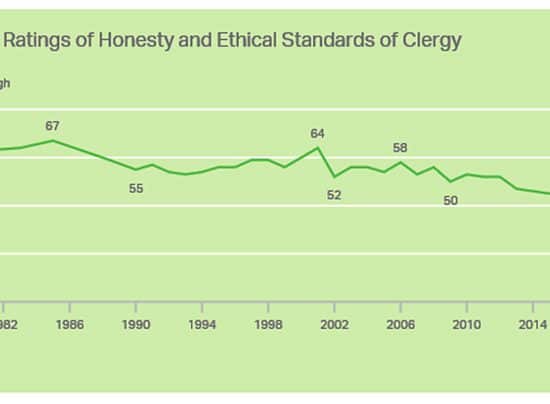A federal judge said Nov. 23 that an IRS rule allowing clergy to avoid paying taxes on a part of their income designated as a housing allowance violates the constitutionally mandated separation of church and state.
Senior United States District Judge Barbara Crabb said a section of the tax code granting a benefit for “ministers of the gospel” not available to everyone else favors religion over non-religion, thus creating an establishment of religion prohibited by the First Amendment of the U.S. Constitution.
Crabb, appointed by President Jimmy Carter to the U.S. District Court for Western Wisconsin, ordered her ruling to take effect after the conclusion of any appeal. That means what GuideStone Financial Resources calls “the most important tax benefit available to ministers” is safe for now.
Leaders at GuideStone, the Southern Baptist Convention agency that offers retirement, insurance, investment management and other financial services to the Southern Baptist and wider evangelical Christian communities, plan to join others in a legal brief supporting the ministerial housing allowance when the case goes to appeal.
“Although this particular case does not have immediate impact, we know that pastors and others in ministry are facing challenges in our very own nation as never before,” GuideStone President O.S. Hawkins said in a statement.
Russell Moore, president of the SBC Ethics and Religious Liberty Commission, stood beside Hawkins in statements posted on the ERLC website.
“The clergy housing allowance isn’t a government establishment of religion, but just the reverse,” Moore said. “The allowance is neutral to all religions. Without it, clergy in small congregations of all sorts would be penalized and harmed.”
The so-called “parsonage allowance” dates back to 1921, when most churches maintained a parsonage near the church where the minister and his family lived rent-free. The IRS allowed ministers to exclude such in-kind compensation from federal taxes.
In 1954, Congress extended the law to cash allowances, as more and more ministers were moving out of parsonages to rent or purchase their own homes.
Over the years challenges have arisen, including a high-profile case in 1996 when Purpose Driven Life author and Southern Baptist megachurch pastor Rick Warren deducted his entire $77,663 salary from Saddleback Church in Lake Forest, Calif., as housing allowance. The IRS ordered Warren to pay back taxes on a portion of his income.
Warren spent four years in court defending his housing deduction and won in 2000, when a court struck down the IRS argument capping the deduction at a “reasonable” amount and accepted Warren’s argument that the amount could be unlimited.
The IRS filed an appeal, but before it made it to a three-judge panel, Congress swiftly passed the 2002 Clergy Housing Allowance Clarification Act to protect the parish exemption but limit it to the fair market rental value of a home.
Several challenges to the benefit have failed due to the legal loophole of “standing.” Courts have ruled that non-ministers suing for a benefit available only to clergy cannot possibly prevail, and the only result would be to deny it to those who qualify.
The current case, filed in September 2011 by the Freedom From Religion Foundation, cleared that hurdle by designating a portion of employee compensation as a housing allowance. Two employees in turn sued the federal government, claiming that denying them a benefit available to ministers violates the Establishment Clause and gives the IRS and Treasury Department authority to make “sensitive, fact-intensive and subjective determinations” on religious matters such as whether an individual is “duly ordained.”
FFRF officials pointed out that when the law was enacted in 1954, America was in the throes of the Cold War and gripped by fear of Communism.
The congressman who proposed the ministerial exemption, Illinois Democrat Peter Mack, who died in 1986, declared: “Certainly, in these times when we are being threatened by a godless and anti-religious world movement we should correct this discrimination against certain ministers of the gospel who are carrying on such a courageous fight against this foe. Certainly this is not too much to do for these people who are caring for our spiritual welfare.”
The IRS has interpreted the exemption broadly, taking “ministers of the gospel” to mean not only those who preach from the New Testament, but also applying it to thousands of ministers, priests, rabbis, imams and other faith leaders.
In her 43-page ruling, however, Judge Crabb said because a minister’s primary function “is to disseminate a religious message, a tax exemption provided only to ministers results in preferential treatment for religious messages over secular ones.”
“Some might view a rule against preferential treatment as exhibiting hostility toward religion, but equality should never be mistaken for hostility,” Crabb opined. “It is important to remember that the Establishment Clause protects the religious and nonreligious alike.”
Crabb said if members of Congress believe there are “important secular reasons” for granting the exemption, they can rewrite the law in a way that includes ministers as part of a larger group of beneficiaries, but as currently written the tax code “is unconstitutional.”
Brent Walker, executive director of the Baptist Joint Committee for Religious Liberty, disagreed.
“The ministerial housing allowance does not violate the First Amendment’s Establishment Clause,” Walker said in a statement. “Government violates the Establishment Clause when it gives religion a tangible benefit, such as grants to churches to finance their ministries or vouchers to parochial schools to pay for the teaching of religion. However, accommodations of religion, such as tax exemption and other exclusions, are generally permitted.”
Walker says the Free Exercise Clause of the First Amendment does not require such accommodation but the Establishment Clause does not forbid it. While Section 107 of the tax code applies specifically to clergy, he said, other sections give similar relief to other segments of society including members of the military, taxpayers living abroad and employees required to live on premises or who are on 24-hour call.




